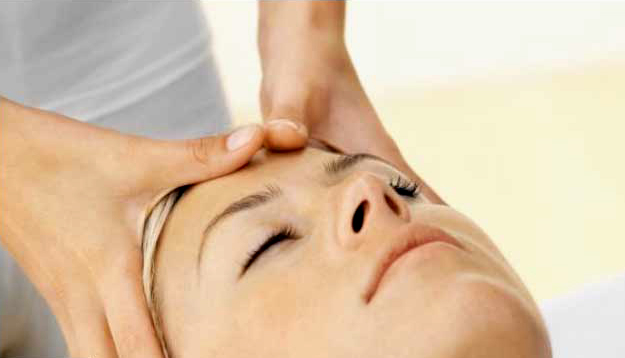It’s time to put a stake in the heart of the notion that we should expect a majority of women to suffer from the “Baby Blues”. It is normal for women to be labile and tired postpartum. It is not necessary for them to be miserable. Major depression with a postpartum onset and postpartum psychosis are found throughout history and around the world. The Baby Blues are endemic in a time and a place where women routinely receive grossly inadequate care and rest after childbirth.
The movement for early discharge was intended to spare women from the decidedly non-restful environment of an acute care hospital: no access to baby, immobility induced phlebitis, separation from family and deprivation of decent food and one’s own bathroom. The idea was for women to be CARED for by people who loved them and knew their tastes. This has morphed into the absurd notion that because childbirth is a normal healthy function it requires no recuperation. Not surprising in a place where six weeks of partial salary is considered a normal period of disability after having a baby. Even women with uncomplicated deliveries who have actually been permitted a little rest postpartum often may not have stopped bleeding yet. Establishing breastfeeding requires suckling of the infant every one and a half to two hours twenty-four hours a day. And we wonder why women quit instead of nursing for the full year recommended by the American Academy of Pediatrics…
If a woman seems to be experiencing the “Baby Blues” I would suggest that she be put to bed for three days and be given intense emotional support while being waited on hand and foot and offered gifts by people she finds supportive. If she still feels or seems blue she should have a mental health assessment by someone experienced with postpartum disorders. Rest and support may cure baby blues and will certainly help recovery from depression.
It is the right of every woman to have a postpartum recovery period. After the most ideal pregnancy, labor and birth, a woman in excellent health with a lustily healthy baby needs at least a week in bed after giving birth. She can get up to go the bathroom; to eat meals others have cooked for her and to do appropriate pospartum exercise, snuggling fun stuff from bed with older kids. Otherwise she should be resting with her baby accessible for easy breastfeeding. A difficult pregnancy, exhaustion from work and family responsibility, labor difficulties, pitocin, anesthesia, stitches, caesarian delivery, problems with the baby, difficulty breast feeding, a colicky baby, other health problems or family stresses may necessitate more rest. Indeed forty days is a traditional period of “lying-in” in many cultures including some in which women worked very hard as horticultural food producers or even slaves. This is because in cultures where women do hard physical labor our custom of treating childbirth as a surgical emergency but then nearly ignoring postpartum restoration would cause too much mortality. In an overfed society with greatly reduced physical labor we can keep our sleepless postpartum mothers alive if often miserable but we pay a terrible price in psychiatric disorders, health problems, disrupted relationships and lost joy.
So remember folks: Wait on that new mom hand and foot!





